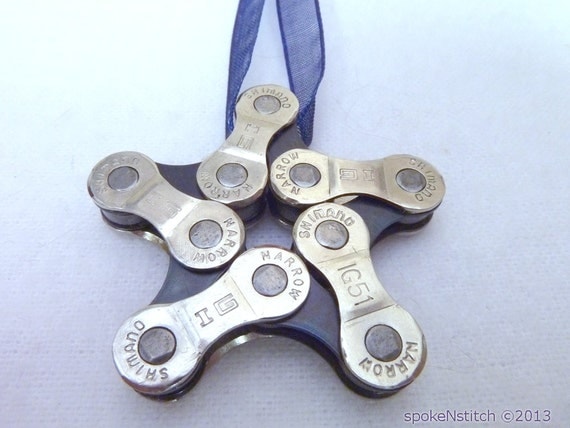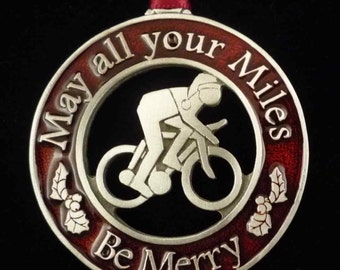Is a ride ever defined by what you see on the horizon?
During the past week, I pedaled into two very different, yet distinctly of-this-season-vistas.
As I pedaled north on the Hudson River Greenway, the sun--invisible even in the cloudless sky--refracted off the dull metallic surface of the river and shrouded the towers of the George Washington Bridge about three miles in front of me.
The other day, I was rolling down 38th Street in Astoria, just a few blocks from my apartment. There sun, again invisible, would make its presence known only through the bare branches of the tree a mile or so down the street.
Are these the dying embers of a season, of a year?
During the past week, I pedaled into two very different, yet distinctly of-this-season-vistas.
As I pedaled north on the Hudson River Greenway, the sun--invisible even in the cloudless sky--refracted off the dull metallic surface of the river and shrouded the towers of the George Washington Bridge about three miles in front of me.
The other day, I was rolling down 38th Street in Astoria, just a few blocks from my apartment. There sun, again invisible, would make its presence known only through the bare branches of the tree a mile or so down the street.
Are these the dying embers of a season, of a year?







